Preparing Children for Life, not just for School
Navigating the Leap from Nursery to Primary School
For many parents, the transition from nursery to primary school can feel like a daunting milestone. There's often pressure—real or perceived—for children to be able to recite numbers to 100 or write their names with perfect precision. But at KatieB Kids, we believe that true school readiness is not about academic achievement. It's about emotional confidence, physical independence, and social competence. Because when a child is ready for life, they’re more than ready for school.
Rethinking ‘School Readiness’
At KatieB Kids, our expert approach to school readiness focuses on developing the whole child. We nurture the skills that lay a solid foundation for lifelong learning—not just those needed in the first few weeks of Reception.
Being school ready means:
· Taking risks with confidence
· Bouncing back from setbacks and trying again
· Communicating wants and needs clearly
· Asking questions without fear
· Sharing and taking turns
· Making decisions independently
· Managing self-care routines
· Understanding personal safety
These skills are vital for helping children thrive—not only in a classroom but in the world beyond.
Equity in School Readiness: Guiding children on their own ‘journey’
We know that every child is unique, and that readiness doesn’t look the same for everyone. At KatieB Kids, equity is at the heart of our approach. We adapt our goals to meet each child where they are—celebrating their strengths and supporting their challenges.
For some children, independence may mean communicating with gestures or visuals. For others, resilience might be taking a first step into group play. We carefully tailor our environment, support, and expectations to ensure all children can make meaningful progress, regardless of their starting point.
School readiness isn't a one-size-fits-all checklist—it’s a personal journey. Our role is to support children to reach their goals, in their time, with their success in mind.
Putting It Into Practice
So, what does this look like in everyday life? It’s in the little things such as:
· Putting on their own shoes and dressing for the weather
· Wiping their own noses using tissue stations with mirrors to check their work
· Using the toilet independently
· Eating with cutlery, pouring drinks, and clearing plates
· Resolving playground conflicts without adult intervention
The KatieB Kids Approach
We carefully craft daily routines and environments that support children in developing these vital skills:
· Self-Serve Mealtimes
Children dish up their own meals, pour their drinks, and carry their crockery—mirroring the canteen experience they’ll encounter in school.
· Dressing for the Weather
In our cloakroom, children are encouraged to choose what to wear by considering the weather, promoting independent thinking and self-awareness.
· Toileting Confidence
Potty training starts early at KatieB Kids. Even our Bambino children (from 18 months) regularly use potties to help remove anxiety and normalise toileting, supported by visual aids and social stories.
· Hygiene Habits
Accessible tissue stations empower children to care for themselves while building hygienic routines they’ll carry into school and beyond.
· Learning Through Risk
Our Forest School exposes children to managed risks, teaching them to respect safety rules while developing resilience and boundaries.
· Personal Safety
We introduce age-appropriate safety education, including the NSPCC’s Pantosaurus and Clever Never Goes campaigns, giving children the tools to recognise unsafe situations and seek help.
· Turn-Taking and Attention Building
Group activities develop patience, focus, and social understanding—preparing them for the structure of a school day.
· Physical Readiness
Core strength and stamina are often overlooked, but they’re essential for sitting still and walking to school. We support this through walks in the community and active play in our outdoor space, from climbing and balancing to yoga and ribbon-dancing.
· Fine and Gross Motor Skills
Before a child can hold a pencil confidently, they need strong fingers, wrists, and shoulders. We foster this with threading, tweezers, mark-making, and physical play that supports muscular development.
Why does it matter?
According to a 2024 report by the University of Bristol, children who are not school ready are three times more likely to be NEET (Not in Education, Employment or Training) by age 16–17. This highlights just how important early years education is—not just for starting school, but for building a successful future.
How Parents Can Help at Home
Your child’s readiness for school is a journey you can support every day:
· Talk openly about school and invite questions and conversations about their feelings.
· Read books about starting school to demystify the experience.
· Encourage independence in dressing, toileting, eating, and tidying—even if it takes longer.
· Play turn-taking games like Snap or Animal Lotto to practice patience and social skills.
· Walk when you can instead of using a buggy—it builds stamina and encourages physical independence.
· Get physical with activities that support both gross and fine motor skills.
Preparing for Life, Not Just School
At KatieB Kids, we’re passionate about preparing children for more than just the classroom. We equip them with the emotional resilience, independence, and social understanding that will serve them for life. Because readiness isn’t about reading early—it’s about living confidently. And when children are truly ready for life, school is simply the next exciting chapter.
